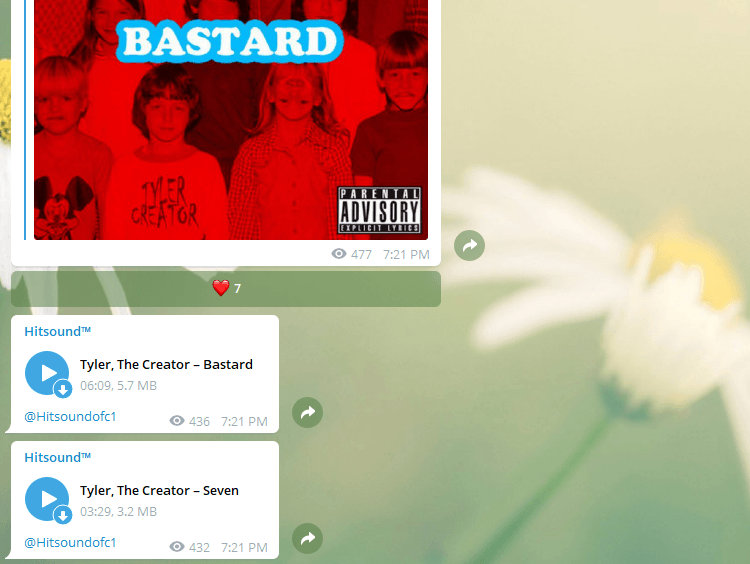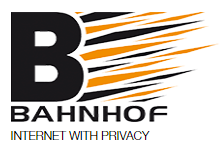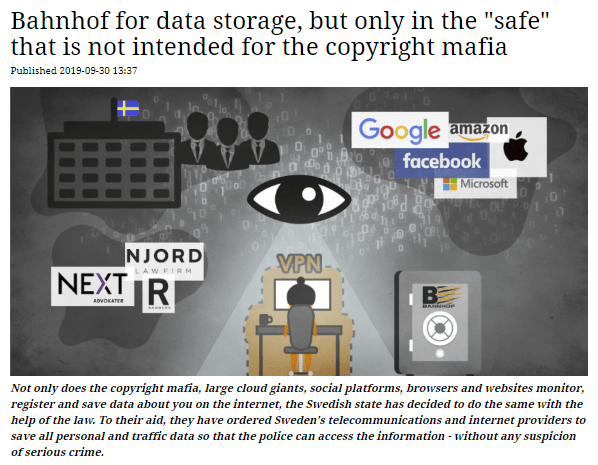Netflix has Dwarfed BitTorrent Traffic, South African ISPs say
jeudi 3 octobre 2019 à 10:58
The effects that legal streaming services have on people’s motivation to pirate can be quite confusing.
On the one hand, legal services have been known to lower the piracy rates in some regions, but too many exclusive platforms could boost piracy again.
In South Africa, Internet providers are mostly noticing the first. Netflix first launched there in 2016, and since then, Netflix traffic has dwarfed BitTorrent traffic, ISPs say. While it’s not entirely clear to what degree torrent traffic decreased, if it did, the companies have all noticed a massive Netflix effect.
In a report published by Mybroadband, several ISPs were questioned about the topic. Without exception, they say that video services, Netflix in particular, have made BitTorrent traffic relatively insignificant.
RSAWEB, for example, noticed that Netflix traffic surged and that peak time data usage doubles every six months. This is in large part the result of a streaming boom. At the moment, the volume of Netflix traffic is 20x that of BitTorrent traffic.
“The ratios have significantly changed compared to a few years ago,” a RSAWEB spokesperson said. “The current ratio would be for every 50Mbps of aggregated torrent traffic we observe 1Gbps of aggregated Netflix streaming traffic.”
Webafrica noticed a similar trend, but perhaps even more pronounced. The company noted that during peak hours half of all traffic is generated by Netflix. BitTorrent traffic follows somewhere in the distance t the extent it’s not even worth tracking anymore.
“The growth of Netflix in recent years has been truly phenomenal, to the point where we no longer track torrent traffic separately,” Webafrica’s Greg Wright said. “Google (including Youtube) and Netflix are dominating the content currently,” he added.
Paul Butschi, co-founder of Internet provider Cool Ideas confirmed this trend. Netflix makes up roughly 30% of the company’s peak traffic and he believes that the increased popularity of online streaming had a pronounced impact on torrent traffic.
These opinions were largely shared by rival ISPs Cybersmart and Supersonic, with the latter noting that video streaming services have “completely overtaken the need for torrent sharing,” and that things will only get better if more competing services enter the market.
The last comment is something that’s up for debate, especially if new services all come with exclusive content. Looking at the relative traffic market share in North America over the past decade, a word of caution may be warranted.
Less than a decade ago nearly 20% of all traffic during peak hours was P2P related, mostly BitTorrent. As Netflix and other video streaming services grew, this relative share quickly dropped, but more recently it started to show signs of growth again.
It could be that people have started to pirate again because they can’t afford to pay for several paid streaming subscriptions.
This notion is supported by a recent survey which showed that piracy rates could potentially double again if the video streaming market continues to fragment. This can affect BitTorrent traffic, bus also pirate streaming sites and services, which the ISPs were asked about. These are the go-to piracy solution for most people nowadays.
Overall it’s safe to say that legal streaming services do indeed limit the demand for piracy, as the South African ISPs observe. This is particularly true if they’re convenient and affordable while providing access to a great content library.
Source: TF, for the latest info on copyright, file-sharing, torrent sites and more. We also have VPN reviews, discounts, offers and coupons.





